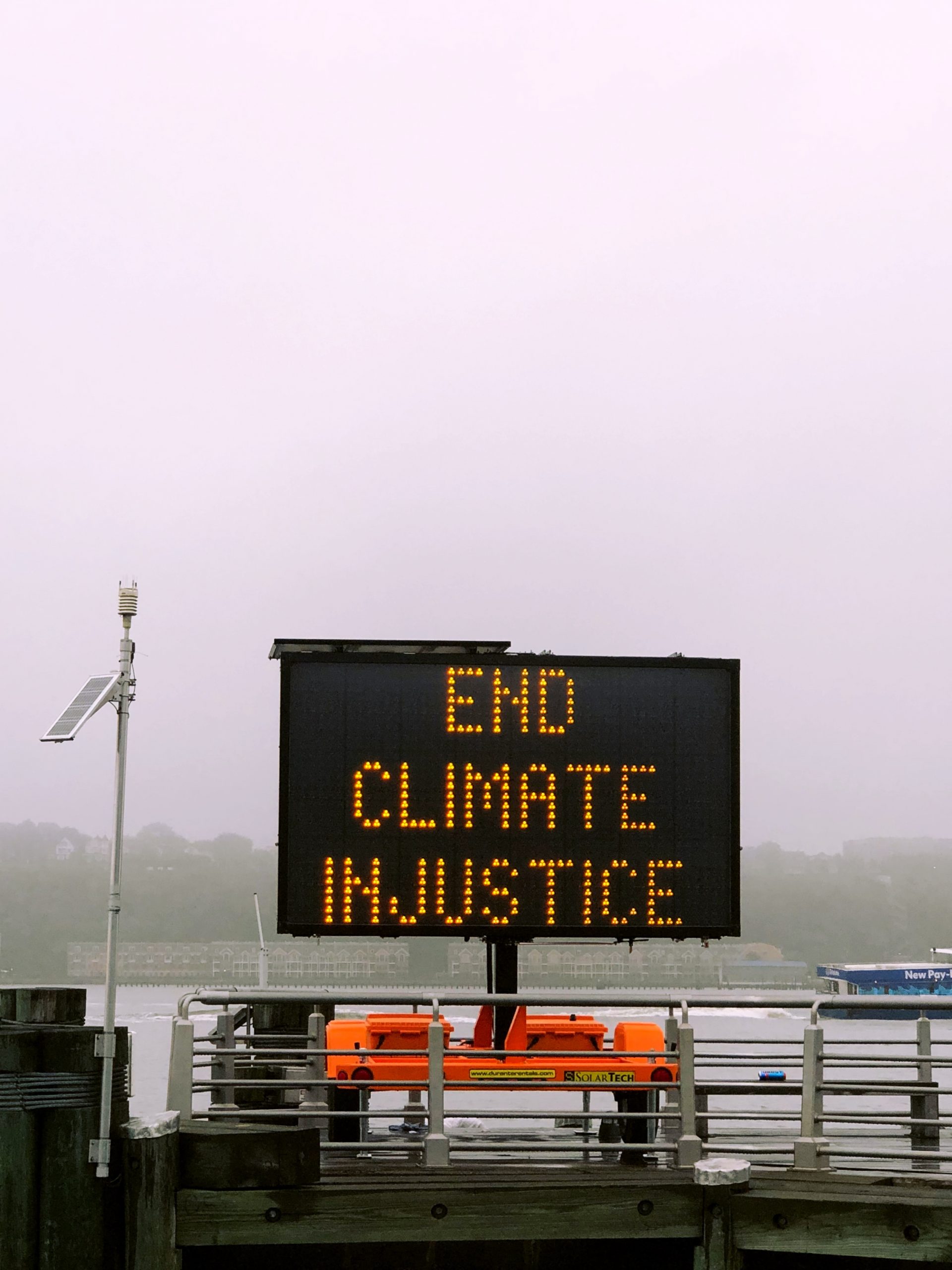As 2020 begins, so does a decade of climate action. The year has not begun quietly; floods, fires, earthquakes, volcanos, rising inequality and political instability have all made it abundantly clear that the General Election ushered in the beginning of this work, not the end.
I imagine that many of us in the UK feel somewhat hopeless right now. Despite years working towards greener lifestyle choices and tactically voting in an outdated first-past-the-post electoral system, many of us have been made to feel powerless. It feels like despite our hard work and good intentions, the larger systems at play are too big for us to tackle.
The good news is that this isn’t true.
Yes, the challenges are large. But we must remember that, beyond centralised government, one of our most powerful tools as citizens is to go local. The politics and decisions of our local communities, towns, boroughs and villages can create swift, powerful change, achieved through collective participation.
Throughout the UK grassroots projects presenting real, achievable solutions to climate breakdown and inequality exist. They are tangible examples of The Green Party’s Green New Deal in action. Each one is specifically created to meet the needs of its community: interweaving social and economic justice with a transition towards a low carbon future, encouraging thriving relationships, and empowering communities to take back ownership of their local economies.
One example is May Project Gardens, a community garden in South London that works with urban communities and marginalised groups to address poverty, disempowerment and access to resources and influence. Through permaculture and food workshops, alongside hip hop and creative expression, they have created alternative education models that teach affordable and practical collective solutions. The gardens help young people learn how to live sustainably and disengage with oppressive structures that don’t serve their interests. Instead, this combination of expertise, hands-on experience and creativity has helped scores of people reconnect to nature and community, value biodiversity and explore alternative systems and ways of living.

This is just one example, but there are many amazing projects like this across the UK. And the strength and longevity of these projects often relies on support from local councils. If we want to support them, and in turn support grassroots, people-led solutions that are tailored to communities, then we need to get involved with the local elections on 7 May.
These elections are one of our biggest hopes for achieving change this year. By putting people in power who want to go beyond declaring a climate emergency by implementing solid plans for change, we can further fund the wonderful projects that already exist, while working towards justice and net-zero carbon emissions regardless of our larger government’s beliefs on the matter.
I know community change may seem small, but it is the collective power of these smaller transformations that adds up to true power. If our government won’t phase out fossil fuels or invest in regenerative practices, then let’s push every council to do it instead. After all, local change begets national shifts.
Plus, putting Greens in local seats is an achievable goal. Voter turnout in the 2019 local elections was around 60%, and the Green Party gained nearly 200 new councillors. Not long after, and probably also aided by the emergence of Extinction Rebellion, 245 of 408 local authorities declared a climate emergency. Half of these councils have set targets and outlined plans to reach net-zero by 2030. Some, such as Cornwall Council, have already begun work.
Now it’s our turn to keep the momentum going. We need to see a change in the councils that are lagging behind, to rewrite the system from the inside out.

All of this has inspired me, alongside a larger group of online creatives who focus their energy on talking about the environment and social justice, to lend ourselves to this movement. In the run-up to the local elections, I will be regularly sharing more information on Green Party policies, incredible community projects that are already creating meaningful change, and the elected councils who support them.
Alongside looking at the Green-inspired beginnings of cultural and community transformation, we also hope to help them raise £50K to push forward in our transition to a greener, fairer Britain.
If you’re interested in learning more and supporting this goal you can:
become a member of The Green Party here
Or decide to give £20 for 2020 here
Because when Greens give, Greens win. And when Greens win, the planet and people prosper.





